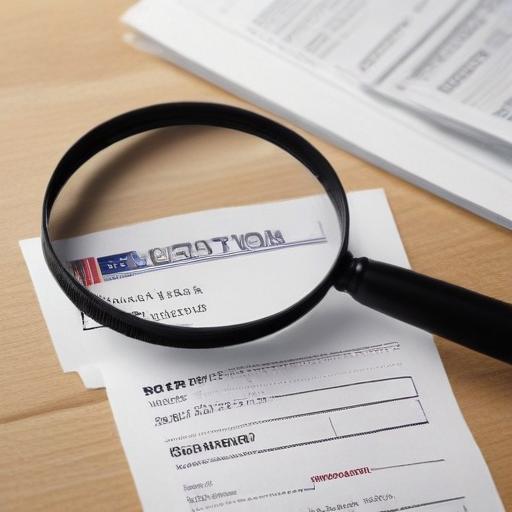Another review of the 2016 election and the investigations that followed is underway, as the Trump administration moves to reexamine how the Russia matter was handled and what conclusions were drawn.
Officials say newly declassified materials have been released, alongside an allegation that the previous administration promoted a narrative about Russian interference to damage Trump’s 2016 candidacy. In addition, the Justice Department has authorized a fresh inquiry into the investigators and the origins of the earlier probes into the Trump campaign’s ties to Russia.
For years, multiple inquiries have already examined Russian activities around the 2016 election and the conduct of investigators. The core question—whether interference decisively determined the outcome—has been posed repeatedly. The new push seeks to revisit those debates and test whether additional documents or procedural reviews could yield a different interpretation.
What’s left to learn
– Whether newly declassified records materially change the public record about how the 2016 probes began and were managed.
– If internal processes, oversight, or intelligence handling fell short and require reforms.
– How investigative decisions were documented, who made them, and whether established protocols were followed consistently.
– Whether greater transparency can reduce lingering doubt among the public.
Why it matters
A fresh review could either reinforce prior conclusions or identify gaps in process and oversight. Either way, it has implications for public trust, institutional accountability, and the guardrails that protect future elections. If conducted transparently and rigorously, it could help settle outstanding questions and clarify best practices for handling politically sensitive investigations.
Additional context and logical takeaways
– Repeated reexaminations can feel redundant, but they can also standardize procedures, improve documentation, and strengthen confidence in election-related investigations—especially if findings are published in full and supported by evidence.
– The value of this effort will hinge on what, if anything, the newly declassified materials reveal, and on whether the inquiry applies consistent standards rather than retrofitting conclusions to politics.
– Clear criteria, independent oversight, and thorough public reporting would maximize credibility and reduce speculation.
A hopeful note
If this review increases transparency, it could close a long-running chapter, improve how sensitive probes are run, and give voters more confidence that future elections—and the investigations surrounding them—are handled fairly and by the book.
Summary
The Trump administration has announced a new inquiry into the investigations of the 2016 election, paired with the release of declassified documents and allegations about how the prior administration framed the issue of Russian interference. After years of scrutiny, the key test now is whether this latest review produces substantive new evidence or procedural insights that enhance accountability and trust.
